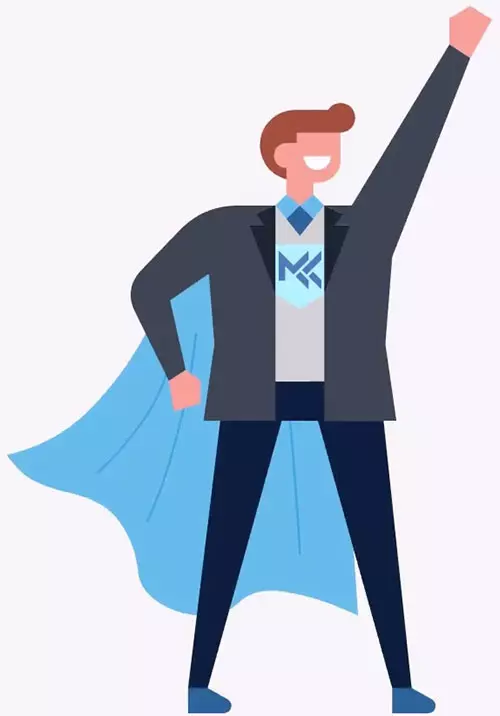Consulting companies are more and more welcoming towards PhDs and other candidates with advanced degrees. Candidates with advanced degrees have been selected carefully by their institutions, shown a strong commitment to further their studies, and tend to display sophisticated minds.
Usually the story goes like this: PhDs started their studies with everything else but consulting in mind, but at the end of their long and tiring research experience, they discover consulting and are attracted to it. After all, it ticks many of the boxes one may want from an ideal job: challenging, intellectually stimulating, paid very well, and one of the best springboards for an accelerated career.
The main problem is that the skills you need to excel at consulting are not always the same as the ones to be an outstanding researcher .
Consultants need to be smart, true, but that's not the end of the story. Consultants also need to be excellent communicators and master the art of execution. Crucialy, they need to know how to prioritize and simplify. PhD's often underperform in at least one of these areas. The good news are that if you are aware of potential weaknesses in your profile, you can turn work on them. So let's dive into 4 typical obstacles PhDs face, both in the admission process and in their everyday lives as a consultant:
1. 300/12 IN 3 SECONDS?
It's weird, but undergrads often outperform PhDs in this exercise. Consulting is not about complicated differential equations, it’s about simple calculations and reasonable assumptions. They are simple, but they should be extremely quick. Consultants love quick calculations. And it’s one of the easiest way to impress clients. PhD's often struggle with the basic, not the advanced issues.
Psst...By the way, 300/12 is 25.
2. TAILORING YOUR APPROACH
In academia you don’t have to be a leader. Nor you have to be particular friendly or persuasive. If you are an excellent researcher that can be more than enough to give you a tenured position in one of the world’s leading universities. Consulting doesn't work that way. It is a relationship business. If the client likes you and the Partner likes you, then you’re on your way to success. And personal relationships are often not only based on your brightness or the depth of your analyses but on your capability of establishing friendship and esteem. Think about it. If you were a BCG partner, what type of person would you like to spend an all-nighter working with, or be stuck at the airport before a delayed flight? PhD's are no more or less interesting than the next candidate, but they often need help polishing some aspects of their interpersonal delivery.
3. Skip the small print
When presented with a Power Point deck full of technical jargon, a director in McKinsey used to take the picture of this old auntie from his wallet. Then he used to ask the team: “Would she understand?”. If the answer was no, then the presentation had to be rewritten. Consulting is about making complicated things simple and easy to understand, which is often not the case in Academia. This is the reason why most PhDs CVs have to be rewritten almost completely with the help of an expert consultant: the way they are trained to explain their experiences and showcase their achievement is often opposite to the consulting way.
4. THE WHAT VS. THE SO-WHAT
Consulting is not about the nitty gritty detail. It is about understanding the big picture, developing simple recommendations and making them happen. While in a PhD you might work for years on a small detail, on consulting what matters is not the fourth decimal of your market estimate, but what the estimate means for your client in terms of growth opportunities, strategic decisions and capabilities. The case interviews are there to make sure that PhDs understood the consulting mindset and started changing their own.
HOW TO BRIDGE THE GAP
As a PhD it is essential for you to practice with an experienced consultant, who will help you build the right consulting mindset and style, that will be tested in all steps of the process, from the CV/Cover Letter submission to the case interview.
At My Consulting Coach we developed a specific programme only for PhDs: the PhD to Consultant pack. It is meant to help you build the right tool kit for every step of the application, from CV and cover letter to case interviews. It also includes and additional session to help you build an efficient study programme combining interviews and self study to bridge the gap between academic and consulting skills. As always, our focus is on empowering candidates by providing them with simple, clear and effective techniques so that no case or interview question will take you by surprise.
